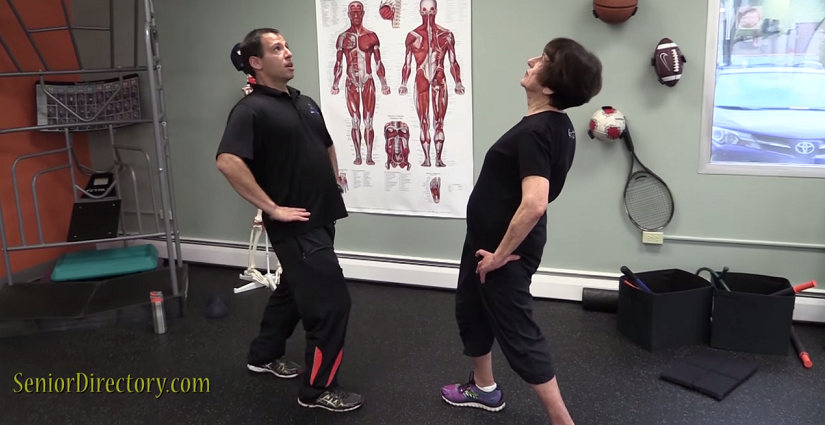
More than 26 million Americans have chronic kidney disease (CKD), and millions more are at increased risk and may not even know it. Those at the highest risk include patients with diabetes, high blood pressure, and other cardiovascular conditions. Unfortunately, most people with kidney disease don't realize they have it because the symptoms aren't apparent until the disease is advanced and they need dialysis treatment or a transplant. This underscores the importance of screening, early detection, and treatment which can slow the progression of the disease. When CKD leads to kidney failure, or end stage renal disease (ESRD), the only treatments are a kidney transplant or dialysis.
The single leading cause of kidney failure in the U.S. is diabetes, which accounts for about 44 percent of the people who start treatment for kidney failure each year. Research indicates that high blood pressure, which affects about 67 million Americans, is the most important predictor for diabetics developing CKD.
In addition to these risk factors, the disease disproportionately affects African-Americans, Hispanics, Asians, American Indians and senior citizens, and being overweight also increases the chance of developing CKD. There is a correlation, because these groups are also at higher risk for diabetes and high blood pressure.
While the causes of kidney disease are well known, the symptoms are often overlooked. Signs and symptoms can include anemia, fatigue, decreased appetite, high blood pressure, bone disease, muscle cramps, itching, blood and/or protein in the urine, more frequent urination, difficult or painful urination, puffiness around eyes, or swelling of hands and feet. However, some people with kidney disease may not experience symptoms until the disease is advanced and they need dialysis treatment or a transplant.
Early detection and treatment can help prevent further kidney damage and slow the progression of kidney disease, but symptoms should not be interpreted without consulting a medical professional. Fresenius Medical Care encourages people who think they may be at risk for CKD to follow these tips:
- Educate yourself now about CKD.
- Have blood, urine and blood pressure checked at least once a year.
- Control high blood pressure.
- Make positive changes in your diet. Meet with a trained dietitian to help with meal planning.
- Exercise regularly. According to the National Kidney Foundation, walking, swimming and bicycling are the most recommended exercises because you are moving large muscle groups continuously.
- If you smoke, quit. Smoking makes kidney disease get worse faster.
Author: Rhonda McCammon, R.N.-Chronic Kidney Disease & Treatment Options Education, Fresenius Medical Care North America (FMCNA), Knoxville, TN
For more information, please visit www.ultracare-dialysis.com/kidney-disease.
VIEW FRESENIUS DIALYSIS LISTING ON SENIORDIRECTORY.COM


Comments